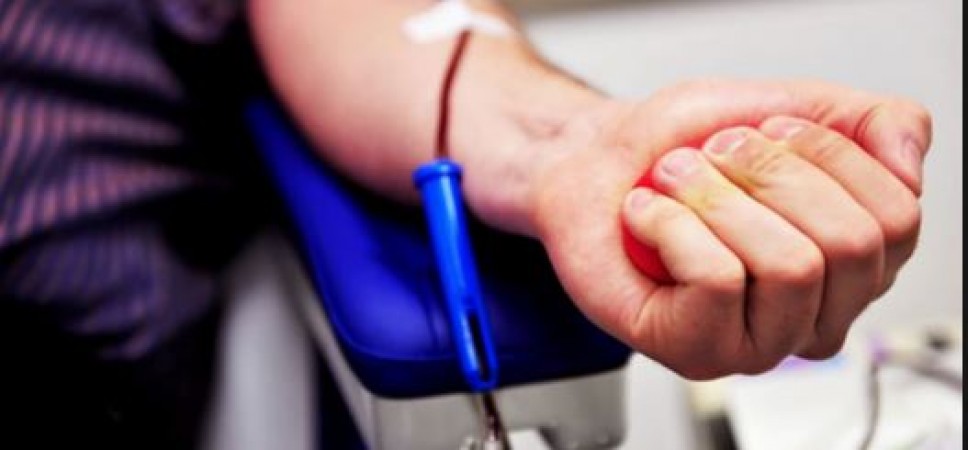
Donating blood is a noble act that can save lives and make a significant difference in the lives of those in need. If you are considering becoming a blood donor, it is important to be well-informed and prepared. Here are some essential things you should know before donating blood.
Not everyone is eligible to donate blood. There are certain criteria you must meet to ensure the safety of both the donor and the recipient. Generally, you must be at least 17 years old (or 16 with parental consent), weigh a minimum of 110 pounds, and be in good overall health. Additionally, there may be specific restrictions based on factors such as recent travel, medical conditions, medications, or lifestyle choices. It is important to check with your local blood donation center or hospital to determine if you meet the eligibility requirements.
Before donating blood, it is crucial to take some steps to ensure a successful and safe donation. Make sure to get a good night's sleep, eat a healthy meal, and drink plenty of fluids. Avoid alcohol consumption for at least 24 hours before donation, and avoid fatty or greasy foods immediately before donating. These precautions help prevent complications during or after the donation process.
When you arrive at the blood donation center, you will undergo a health screening. This typically involves a questionnaire about your medical history, lifestyle choices, recent travel, and sexual activity. It is important to answer these questions honestly and accurately, as certain conditions or behaviors may disqualify you from donating blood. The screening also includes a mini-physical examination, where your temperature, blood pressure, pulse, and hemoglobin levels are checked.
The actual blood donation process usually takes around 10 to 15 minutes. A sterile needle is used to collect a unit of blood from a vein in your arm. While this may cause some discomfort, it is generally tolerable. The collected blood is then carefully stored and transported to a laboratory, where it undergoes testing and processing before being used for transfusions.
After donating blood, it is essential to take care of yourself to ensure a quick recovery. Drink plenty of fluids and have a snack to restore your energy levels. Avoid any strenuous physical activity or heavy lifting for a few hours. It is also advisable to refrain from smoking for a few hours after donation. If you experience any dizziness, lightheadedness, or other unusual symptoms after donation, inform the staff at the donation center immediately.
Benefits of Blood Donation: Donating blood not only helps those in need but also offers several benefits to the donor. It provides an opportunity to give back to the community and contribute to the well-being of others. Regular blood donation can also have positive effects on the donor's health, such as reducing the risk of certain cardiovascular diseases and stimulating the production of new blood cells.
Blood donation is a recurring process, and donors are usually encouraged to donate regularly. The frequency at which you can donate depends on factors such as your overall health, the type of donation (whole blood, platelets, plasma), and local guidelines. Whole blood donors can typically donate every eight to twelve weeks, while platelet and plasma donors may have shorter intervals between donations.
The privacy and safety of blood donors are of utmost importance. Blood donation centers follow strict protocols to ensure confidentiality and protect the health information of donors. All donated blood is tested for infectious diseases to guarantee its safety for transfusion. If any abnormality is detected during testing, the donor is contacted confidentially and advised to seek appropriate medical care.